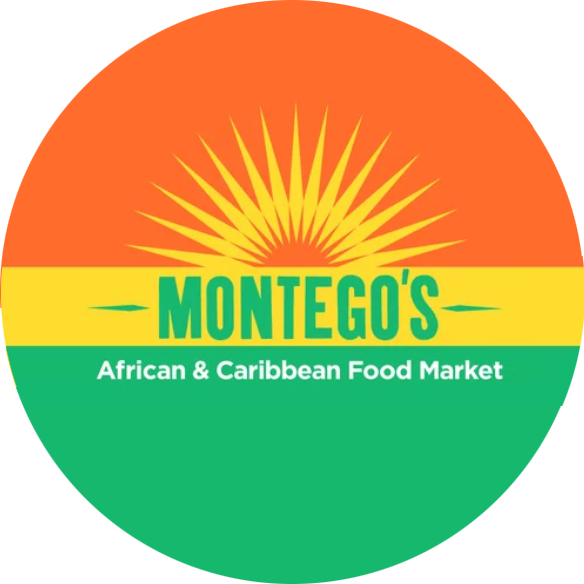
Trinidad & Tobago: Struggles and Leaders in the Fight for Independence
Share
Trinidad & Tobago's journey to independence was marked by significant battles and influential leaders. On August 31, 1962, the country achieved independence from British colonial rule after years of resistance and political mobilization. Notable leaders such as Dr. Eric Williams, a renowned historian and politician, played a crucial role in the nation's fight for freedom.




The struggles for independence in Trinidad & Tobago were multi-faceted and comprehensive. They included demands for political autonomy, economic empowerment, and the eradication of social inequalities. The movement for independence united people from diverse backgrounds who were driven by a shared vision of self-governance and national pride.

Trinidad & Tobago's cultural impact is felt both locally and globally. The vibrant Carnival celebrations, held annually, showcase the fusion of African, Indian, and European traditions. This festival of music, dance, and revelry has become an iconic event, reflecting the spirit and diversity of the nation. Calypso and soca music, along with the steelpan instrument, have gained international recognition as distinct cultural contributions from Trinidad & Tobago.
Trinidad & Tobago's leaders played a crucial role in guiding the nation towards independence. Dr. Eric Williams, the country's first Prime Minister, was a charismatic and visionary leader who championed the cause of independence. His government implemented policies aimed at economic development, education, and social welfare, laying the foundation for a prosperous nation.

In addition to Dr. Eric Williams, other influential leaders in the fight for independence included George Padmore, a prominent Trinidadian activist, and trade unionists like Tubal Uriah Butler and Adrian Cola Rienzi. Their efforts in organizing labor movements and advocating for the rights of workers contributed significantly to the country's struggle for independence.
Trinidad & Tobago's independence has had a profound impact on its society and culture. The country has made strides in various fields, including education, healthcare, and infrastructure development. It has also emerged as a regional hub for arts, culture, and sports. The achievements of Trinidadian and Tobagonian individuals in fields such as music, literature, and sports have brought global recognition to the nation.

As Trinidad & Tobago celebrates its independence, the country continues to grapple with challenges such as economic diversification, social inequality, and environmental sustainability. However, the spirit of resilience and determination that fueled the battles for independence remains ingrained in the nation's identity, serving as a reminder of the progress made and the potential for a brighter future.

